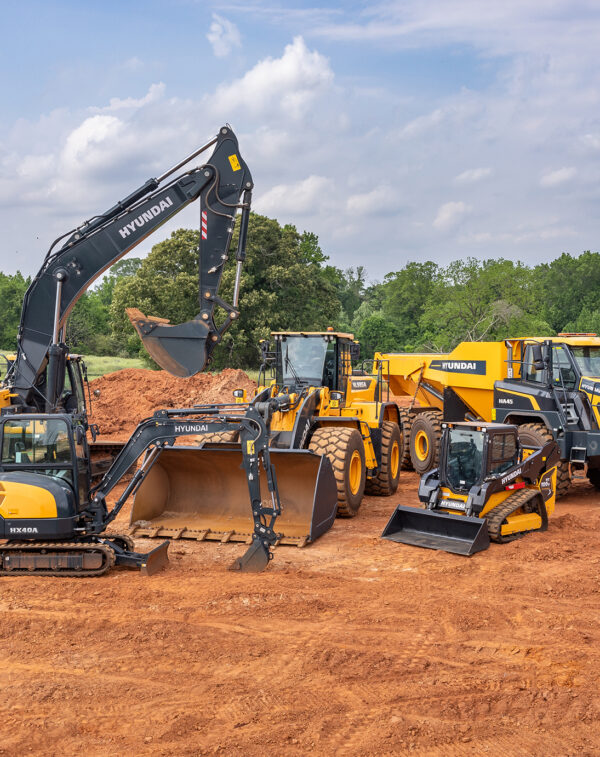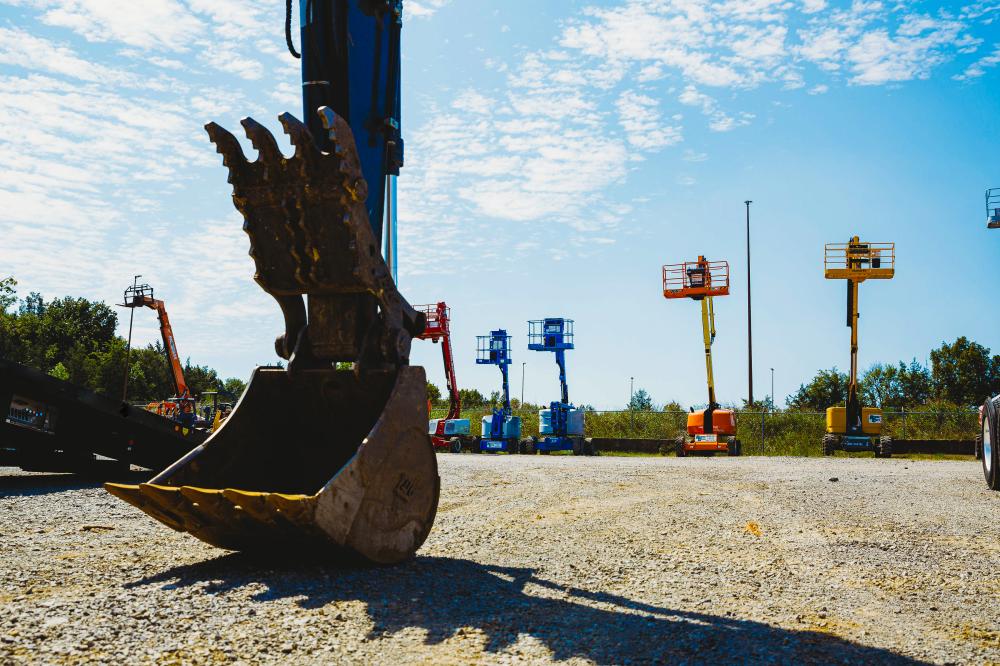Necessary Tips for Managing Heavy Tools Rental Arrangements and Logistics Efficiently
Properly taking care of hefty devices rental contracts and logistics is essential for the success of any task that depends on these sources. A thorough understanding of rental terms, paired with specific analysis of tools needs, lays the structure for desirable settlements. Collaborating transportation logistics and preparing for ongoing maintenance can significantly lower unforeseen expenses and delays. The details of these aspects typically existing challenges that require tactical foresight. What are the vital considerations that can change these prospective challenges into possibilities for efficiency and cost-saving?
Understand Rental Terms
Recognizing rental terms is essential for effective heavy devices administration. Knowledge with the certain terms of a rental contract can considerably impact operational performance and cost-effectiveness. Secret components commonly include rental duration, settlement structure, and maintenance responsibilities. The rental period defines the duration for which the equipment is rented, affecting budgeting and project timelines. Settlement structures typically vary, incorporating daily, weekly, or month-to-month rates, which demand precise calculations to stay clear of unforeseen expenses.
In addition, it is vital to comprehend the upkeep obligations outlined in the arrangement. Commonly, rental business maintain the tools, but recognizing that is accountable for routine checks and repair services is essential to avoid operational disturbances. In addition, terms may consist of clauses concerning liability for problems or burglary, which can have serious monetary implications if not appropriately understood.

Assess Equipment Demands
Evaluating equipment requirements is a crucial step for any type of job manager aiming to enhance resource allocation and boost functional effectiveness. This process includes an extensive evaluation of the project requirements, including details jobs, timelines, and the sort of devices required to achieve preferred outcomes.
Begin by determining the range of the project and the tasks that will certainly be executed. Take into consideration elements such as the surface, the range of procedures, and any kind of potential challenges that can influence equipment option. Engaging with staff member who will certainly operate the machinery can offer useful insights right into practical requirements and preferences.

Following, assess the capacity and abilities of readily available devices alternatives. It is necessary to match the ideal devices to the tasks available, ensuring that it can take care of the anticipated work without compromising safety or performance.
Additionally, factor in the rental period and regularity of usage. Recognizing these components can aid determine whether buying or renting out is the most cost-efficient option. By carrying out a detailed evaluation of tools demands, job managers can make informed choices that cause improved productivity and lowered operational costs.
Negotiate Properly
When the devices needs are plainly identified, the next step includes reliable negotiation with rental companies to secure desirable terms. Begin by looking into various rental companies to recognize their rates structures, supply accessibility, and track record.
When approaching the negotiation table, be clear concerning your requirements, including the type of tools, rental period, and any kind of additional solutions you might require. This transparency enables rental business to give tailored solutions that can satisfy your particular needs (equipment rental company). Do not be reluctant to request discounts, specifically for lasting services or mass orders, as numerous business want to offer giving ins to protect bigger agreements
Furthermore, take into consideration working out terms connected to maintenance, insurance policy, and delivery charges. These elements can substantially impact the total cost and must be explicitly described in equipment rental company the rental agreement. Ensure that all agreed-upon terms are recorded in composing to protect against misunderstandings and protect your passions throughout the rental duration. Reliable negotiation not just leads to price savings however additionally develops a favorable partnership with the rental company.
Coordinate Transportation Logistics
Collaborating transport logistics is an essential element of managing heavy equipment rental agreements. Reliable transportation ensures that equipment is supplied on time and in optimal problem, consequently minimizing downtime and enhancing task performance. To attain this, it is important to develop an extensive logistics prepare that details the entire transportation procedure from pickup to delivery.
Begin by analyzing the details transportation demands based upon the type and dimension of the devices included - mini excavator rental. Engage with reliable transport providers who concentrate on heavy equipment to ensure they have the needed knowledge and tools, such as flatbed vehicles or specialized trailers. Discuss elements such as weight limits, path restrictions, and needed authorizations to prevent unanticipated delays
Furthermore, keep open communication with both the rental firm and the transport service provider to coordinate timetables successfully. By diligently collaborating transportation logistics, you can promote the honesty of your rental contract and assist in smooth task implementation.
Prepare For Upkeep and Support

Moreover, it is vital to interact straight with the rental supplier pertaining to upkeep responsibilities. Some agreements may include maintenance as part of the rental service, while in various other situations, the obligation might fall on the occupant. Recognizing these terms will certainly help stay clear of unexpected costs and obligations.
Additionally, having accessibility to technical support can be indispensable. Make certain that the rental business uses 24/7 assistance or an emergency contact, enabling swift resolution of any equipment problems. Training your team on correct tools use and regular checks can also dramatically enhance functional efficiency.
Conclusion
In conclusion, efficient monitoring of heavy equipment rental arrangements and logistics joints on a complete understanding of rental terms, accurate assessment of equipment demands, and proficient negotiation skills. Stressing clear interaction with all stakeholders remains crucial in navigating the intricacies of tools service and logistics management.
Successfully handling hefty tools rental contracts and logistics is essential for the success of any task that relies on these sources. By extensively examining and recognizing these rental terms, businesses can make enlightened decisions, alleviate dangers, and make certain that their hefty devices management straightens with job objectives and economic restrictions.Collaborating transport logistics is an essential aspect of managing heavy equipment rental contracts.In conclusion, reliable administration of heavy devices rental contracts and logistics hinges on a comprehensive understanding of rental terms, specific assessment of tools requirements, and adept negotiation abilities. Stressing clear interaction with all stakeholders continues to be crucial in browsing the complexities of tools rental and logistics administration.